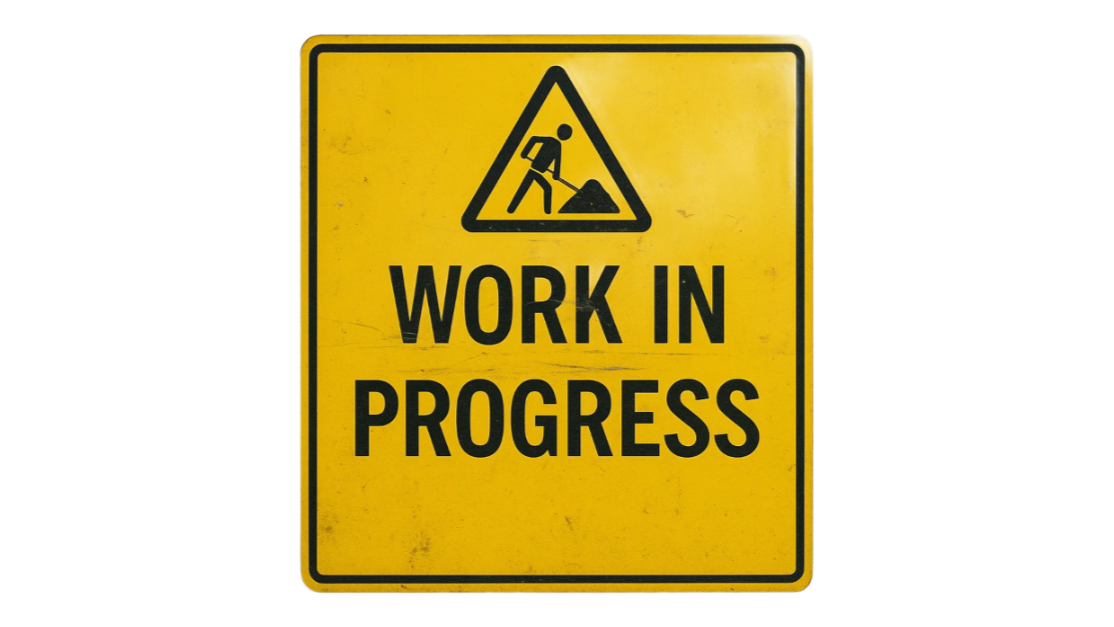Working with freelancers is an integral part of daily life for many creative agencies. There are many reasons why freelancers are used. Sometimes, you need an extra pair of hands on a project. Or, perhaps you need a specific skill that your in-house team isn’t strong in. Whatever the reason, it’s very common and nearly all agencies I have come across do it in some capacity.
However, what is also common is the poor management of freelancers by creative agencies. This can make things tricky in a number of ways, from not getting the best value out of the freelancers you work with, to gaining a bad reputation within the freelance community!
Nurturing a good relationship with any freelancers you work with can take time and effort, but is certainly worth it for the benefits you can gain from it. From a unique skill set to the ability to take on more clients for your agency, the management of freelancers should be something that you want to get right.
So, what can creative agencies do to manage freelancers more effectively? Here are a few of my top tips gained from my time working with agencies and freelancers alike:
Communication:
As with most relationships, a good agency-freelancer relationship is born out of good, clear communication. One of the main reasons why good freelancers get fed up with working with agencies is poor communication.
Make sure your expectations are clearly communicated to begin with, and check in on how your freelancers are doing regularly. This will make them feel appreciated and more like one of the team.
It’s also important to promptly communicate with your freelancers when things aren’t going quite as expected. It could be that the client is taking longer than expected with the brief, or a freelancer who has been pencilled in is no longer needed. Many agencies don’t like to be the bearer of bad news, so they wait as long as possible to communicate this to their freelancers, which can damage the relationship. This leads nicely on to my next point, around pencilling in.
Pencilling in freelancers:
It’s quite normal for most agencies to ‘pencil in’ freelancers, i.e. tell them that they may be needed but will be confirmed at a later date. If you want to maintain good relationships with your freelancers, there are some guidelines you should follow around pencilling in etiquette.
Primarily, you should always give your freelancers enough notice about cancellation. Don’t just do it the day before. This will lead to them losing out on work that they could have taken with more notice. If your agency does develop a reputation for late cancellation, don’t be surprised if your relationship with freelancers suffers and you struggle to find people to work with. After all, people talk, and nobody wants to commit to work with an agency who may cancel on them at the last minute.
It’s the resource manager’s job to ensure that freelancers are treated fairly. It’s in their best interest, too, because without a good black book of trusted freelancers, the job of managing resources in an agency becomes even harder than it already is!
Proper onboarding:
Like with any new team member, it’s important to go through a proper onboarding process with your freelancers, especially if they have not worked with you before. Of course, this doesn’t have to be as comprehensive as it would be with a full time employee. But, it’s still important for your freelancers to get a feel for the agency and, more importantly, learn about the systems and processes that you use.
Don’t forget that it’s impossible for them to know your agency like you do! Coming in, they will have no idea about your ways of working, culture, or your expectations. So, don’t just expect them to figure it out on their own. Invest time in proper onboarding. I’d recommend an onboarding pack for new freelancers that covers all of the basics, such as the contract/NDA, IT, timesheets, how they will get paid, and any other common questions they’re likely to have. Plus, more time should be available to brief a new freelancer about your client’s brand and the expected deliverables, before they start the work.
Good briefs:
Finally, it pays to ensure that the briefs you provide your freelancers with are good. Briefing them is one of the most important parts of your working relationship. So, make sure that you’re getting your briefs right the first time. Ask your freelancers what they need to know to get the job done, and provide this to them with every brief. Remember, they don’t know how your agency works like a permanent team member does! Make sure to brief them on any processes that you’re expecting them to follow, which links to the previous point about onboarding. Doing this will avoid unnecessary time and money being wasted from both sides, making for a more efficient service all round.
Overall, having talented freelancers available can enhance your agency and its offering in so many different ways. So, it pays to put a little extra effort into nurturing the relationships you have with them to ensure that they are happy and want to work with you again. Good freelancers are usually in high demand, so remember that you probably need them more than they need you!









